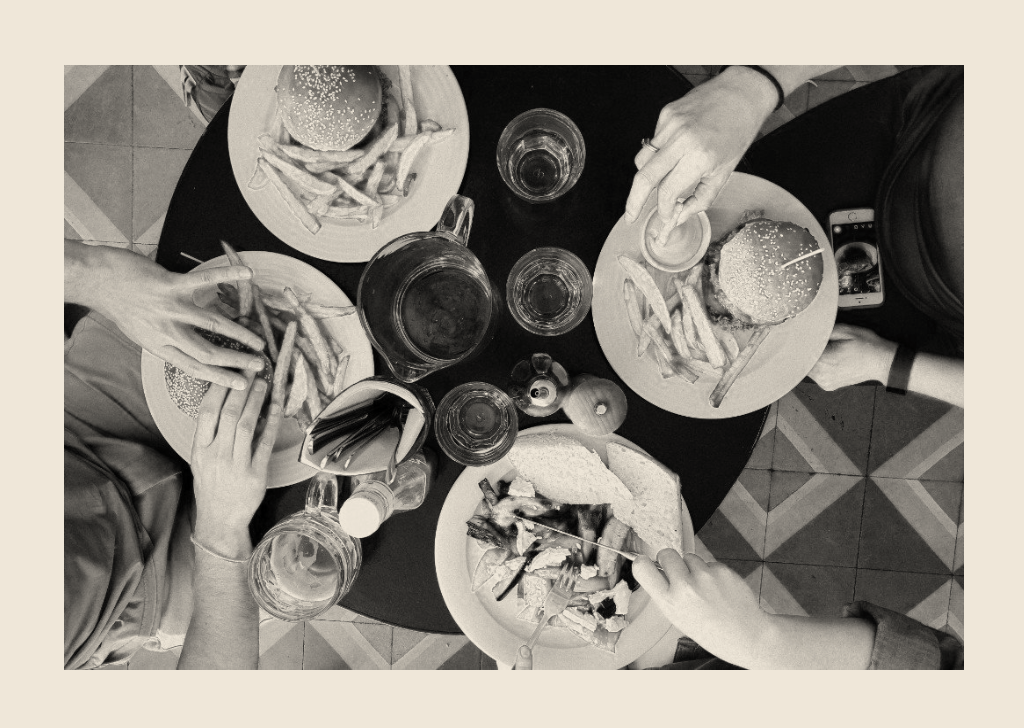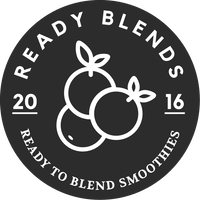Healthy fats - do they even exist?

The Good Fats
Healthy fats. The term sounds somewhat ironic, as for years we’ve been hammered with advertising messages warning us of the perils of a fatty diet. But can fat ever be good for you? It sure can!
Healthy fats are also known as unsaturated fats, which include polyunsaturated fatty acids and monounsaturated fats.
Polyunsaturated fats are good for you because when substituted for saturated fats, help to lower blood cholesterol levels. These can be found in vegetable oils such as flaxseed oil, sunflower oil and canola oil.
More recently, a kind of polyunsaturated fat called Omega-3 fatty acids have been all the rage. Fatty fish such as mackerel, trout and salmon contain these heart-healthy goodies, known as ‘long-chain Omega 3s’ - the most effective form you can get!
Vegetarians can grab their dose of Omega 3s in walnuts and flaxseed, however levels are thought to be not as concentrated.
Monounsaturated fats are healthy fats which are rich in Vitamin E and good for the heart, thus lowering the risk of heart disease. These include foods such as olives, avocado, olive oil, pumpkin seeds, brazil nuts, hazelnuts, cashews and almonds.
The Bad Fats
Traditional ‘bad fats’ are saturated fats that are found in animal products such as lard, eggs and high-fat dairy, as well as certain vegetable fats such as palm oil and coconut oil. They’re what your doctor warns you not to eat!
Trans fatty acids are also a no-go, generally speaking. Natural trans fats are present in small amounts such as meat and dairy, however if you choose lean protein and low-fat dairy this is manageable.
The real bad guys are artificial trans fats which star in most desserts, margarine and junk food such as chips and biscuits. These fats are thought to be even more detrimental to the health than saturated fats because of their high salt and sugar content which can lead to heart disease by clogging arteries and sending cholesterol levels shooting through the roof.
A 'No Fat' Diet
Some people take a different route entirely and adopt a punishing regime where they consume absolutely no fat. This is detrimental in the long run, as the body and organs are starved of fats they need to survive.
There is also a greater likelihood of binging on sweets and snacks, creating even more damage than if you were to allow yourself a small, measured treat each day to curb any cravings.
How Much Should I Eat?
But does this mean we go overboard in our consumption of ‘good’ fat just because it’s beneficial to the system? Absolutely not. All food should be eaten in moderation, particularly healthy fats, as ingestion of too much of it can have the reverse effect.
See below for a rough guide of how much to eat of what.
- Avocado - one half a day
- Nuts (walnuts, hazelnuts, almonds) - a handful a day
- Fatty Fish (salmon, mackerel, catfish, trout) - 2 serves a week
- Olive oil (for cooking) - 1 tablespoon a day
Ready Blends smoothies contain measured amounts of good fats as part of your daily dietary needs. So, lay your worries to rest and drink up!
